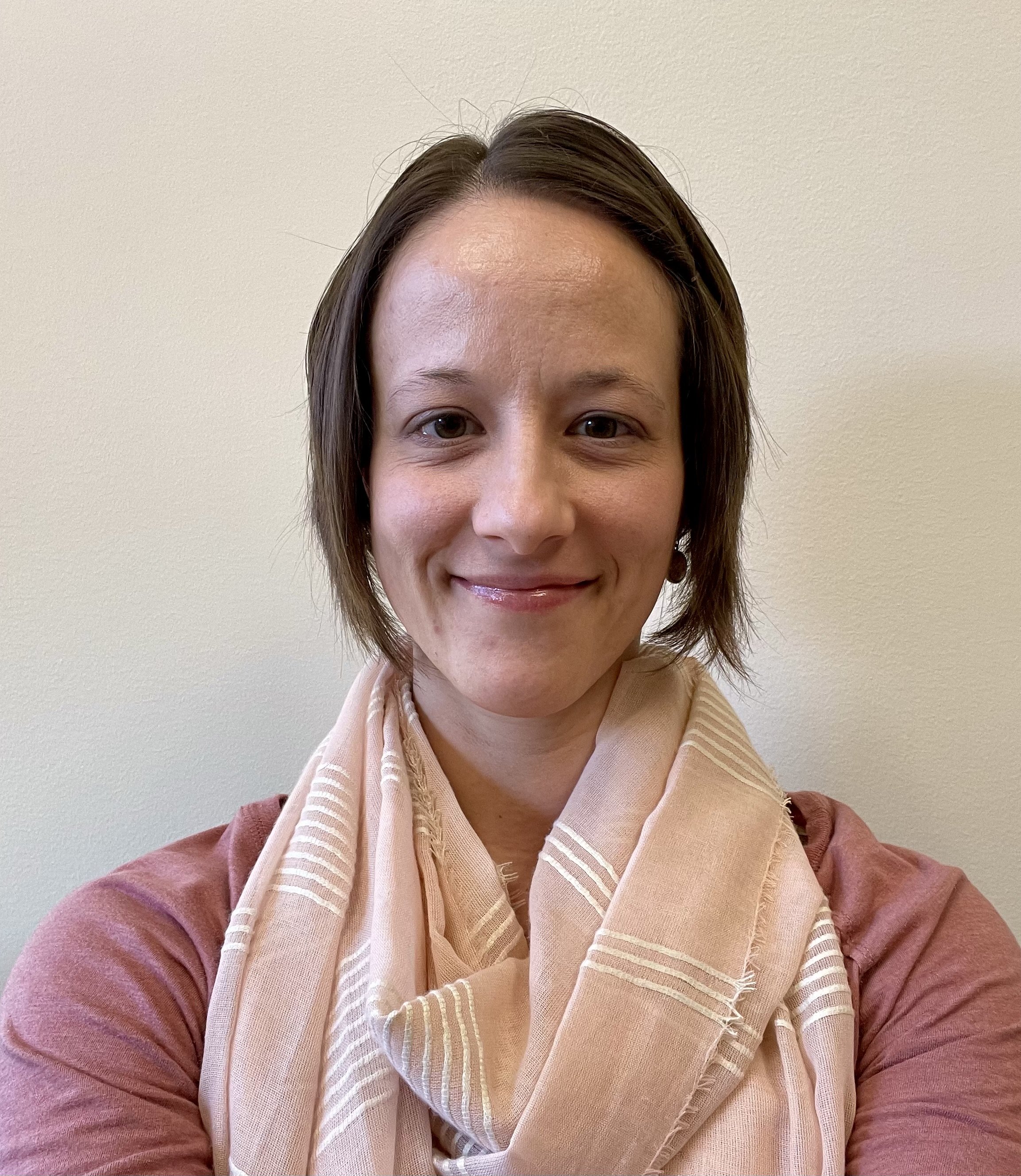Amber Ferguson, MPH, RD, LD, CD
About
Pronouns: She/Her
Occupation and Specialty: Registered Dietitian, specialized in working diagnosed eating disorders
Location (Clinic/hospital): Melrose Center (Part of Park Nicollet/HealthPartners)
Location (City): Woodbury, MN (can also see patients via telehealth in MN & WI)
Offers Telehealth: Yes
Contact Information: https://www.healthpartners.com/care/find/location/centers/melrose-center/woodbury/
Bio: I am a registered dietitian interested in eating disorder prevention, public health, and providing weight inclusive healthcare. I earned my Bachelor of Science in Community Medical Dietetics from Viterbo University in 2008 and completed a Master of Public Health in Nutrition from the University of Minnesota in 2019. My philosophy is that all foods can truly fit into a balanced and healthful diet. I enjoy being able to teach patients about nourishing their bodies in an enjoyable manner and promote acceptance of body diversity.
Approach to care
What does it look like for you to provide care to patients in larger bodies? How is, or isn’t, your approach different from how you care for patients in smaller bodies? If you work with children, how is or isn’t your approach different when working with children?
In providing care to clients in larger bodies, my goal is to leave space for them to share their lived experiences and be considerate of the stigma and bias they may face due to their body size in other aspects of their healthcare and life more generally. I typically don't approach nutrition conversations differently outside of this added awareness for both adults and children. This includes awareness of now past nutrition messaging may have differed for clients from others based on their body size. My goal is to help clients identify and challenge past advice based on their body size that was misguided or harmful.
What is your perspective on how weight is or is not related to health?
My perspective that there is a connection between weight and health but that it is quite complicated and certainly not a cause and effect relationship. It does more harm than good to focus on intentional weight loss. Therefore, pursuit of health should be focused on other factors besides changing the number on the scale.
Finish this sentence: “Fat people are…”
deserving of equitable, compassionate, and collaborative care from providers who see and treat them as a whole person.
How do you, your clinic, and the healthcare system you work in use BMI (i.e BMI cutoffs for accessing certain services, BMI on charts and printouts, etc)? Is this flexible?
At Melrose we do not use BMI cut-offs to determine care recommendations for clients. Decisions are made on an indvidual basis considering eating disorder symptoms, medical stability, etc. Patients do not receive an appointment summary print-out with BMI on it when the leave. However, the unfortunate reality is that Melrose is imbedded within a larger healthcare organization, and this is not true for other HealthPartners/Park Nicollet departments.
If a patient declines to be weighed, how do you and/or your staff proceed?
This depends on a patient's reported symptom use and their medical stability. Significant weight shifts can be an indication of malnutrition or other serious complications of an eating disorder. With this said, we have many clients who do not ever have their weight taken as part of their appointments here. If a client is declining to be weighed, that would be respected in the moment but then later discussed with treatment team providers in a respectful manner if the team feels taking a weight is necessary to provide adequate care. All weights taken in the clinic are initially taken blind to patients.
If a patient declines to discuss weight loss, nutrition, and/or exercise, how do you proceed?
I would proceed with curiosity and ask what the patient would like to discuss in our sessions. As a dietitian, if a client's concerns are not nutritionally relevant, it may be more appropriate for them to see other providers, such as a therapist or medical doctor and not myself as I do need to be thoughtful about my scope of practice.
What does the physical accessibility of your office space look like? What kinds of accommodations are present for people in larger bodies? Are there things you wish were in place that are currently not?
There has been thought given to appropriate seating and medical equipment to accommodate clients in larger bodies. I am sure our set-up isn't perfect and welcome any concerns or feedback regarding what needs to be improved. In that case, I am happy to advocate for improvements with our clinic leadership.
What do you do to allow fat people to feel comfortable and welcome in your office?
I aim to build rapport with clients and show up an authentic and open manner. I use my experience from working with previous clients in larger bodies to guide the assessment questions I ask or to offer suggestions for how I can be helpful to clients while also not making assumptions or generalizations. I am open to hearing and discussing any concerns from clients about how I may not understand or share their lived experience as someone in a straight-sized body.
If you’d like to use this space to talk about any identities (gender, race, size, sexuality, etc.) you hold and how this relates to your care, please do so.
I do not identify with having a marginalized identity. If clients prefer to see someone with a more relatable identity to their own, I am happy to help them in pursuit of this to best of my ability.

